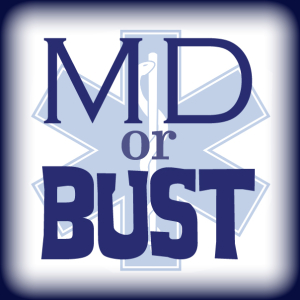A Lesson in Hope at Hospice
I spent the first week of my outpatient experience in internal medicine working with the nurses at Hospice of the Red River Valley in Fargo, ND. Besides being incredibly nervous to begin my third year of medical school, I was anxious about what I might encounter on my week at hospice.


